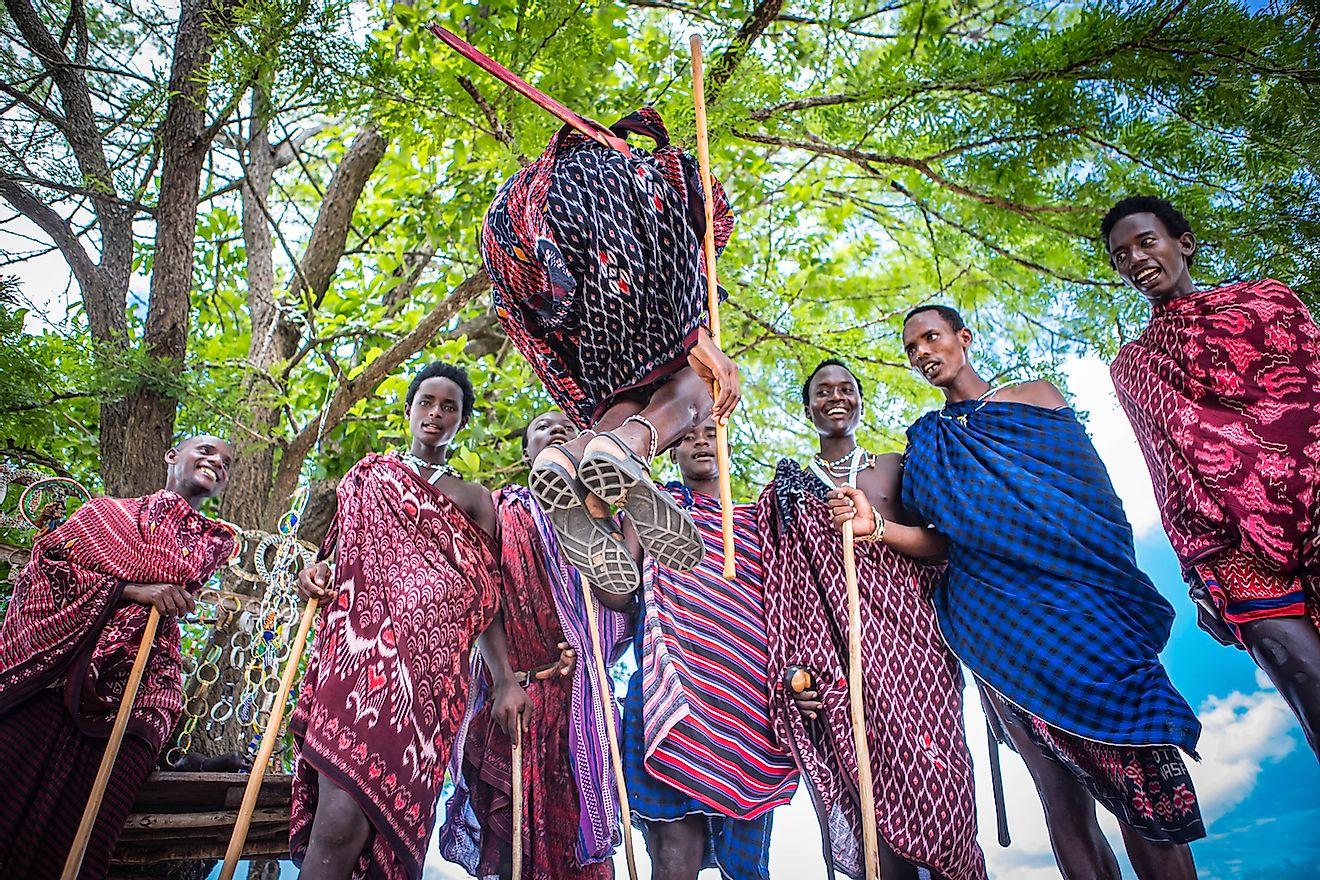Africa-Press – Tanzania. TANZANIA is blessed with unique cultural practices that Tanzanians could capitalise on them for development as well as icon when travel abroad.
The advice was made in Dar es Salaam over the weekend by Dr Aida Kisanga (64), the author of a new book titled; “My story: Kilimanjaro to London – Reflections and Lessons of living in two different Worlds” which was launched at the weekend in the city.
“Tanzania just like many other African countries has its culture that could be used as main tool for competing socially and economically in the modern world.
“I wish to clarify that we cannot compete in technology development or other spheres of life, but the unique the culture we have here, is very competitive and attract many foreigners to learn and adopt,” said Dr Kisanga.
Dr Kisanga, who was born in Kilimanjaro Region and grew up in culture of chaga tribe, said she has lived in United Kingdom for the past 40 years, but Tanzanian culture is not in any way comparable to that of the UK or other parts of the world she had lived or travelled to.
“This is why I authored this new book which is in a simple language comparing the cultures I had experienced with. It is an awakening call for Tanzanians while offering the lesson to foreigners on strength of Africa’s ways of life,” said the mother of two and a PhD holder in architecture.
Giving his views on the book that is in the country’s book stores and online, the renowned and a veteran journalist, Mr Jenerali Ulimwengu, said that the author has used a simple language which will make her readers love learning through reading.
Mr Ulimwengu said if people don’t take time to read, it means they hate knowledge and development, but emerging of that kind of books would synergize reading culture among many Tanzanians.
“The author has eloquently done her best in presenting her ideas in very simple English that can be understood by people from diverse walks of life. It undoubtedly promotes reading and learning culture and its content fills the vacuum of limited literature that is touching many Tanzanians and Africans,” he said.







